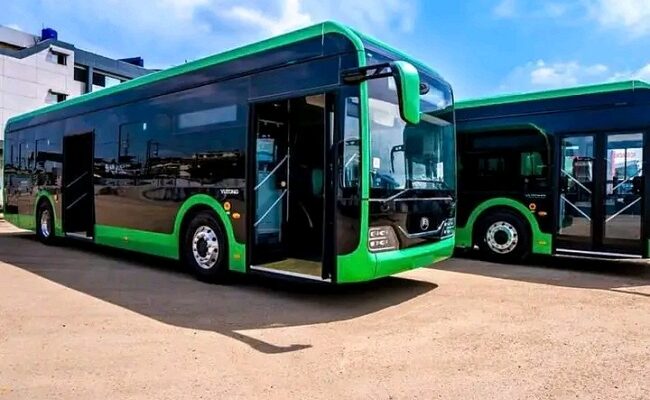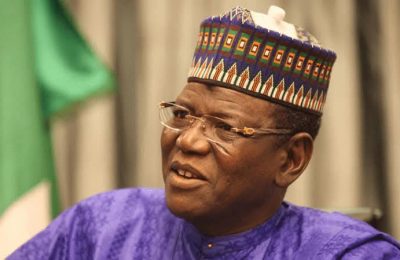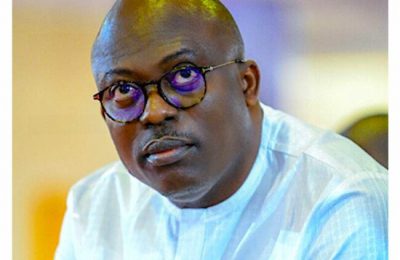
SOME road users have expressed delight at the arrival of two new electric buses in the fleet of the Lagos State Bus Rapid Transport (BRT) scheme, stating that they expect the buses to crash transport fares within the State metropolis.
Recall that the Lagos State Government recently announced the acquisition of two new electric buses which were added to the States BRT fleet.

Speaking with the Nigerian Tribune on the development, some BRT passengers expressed delight over the new innovation, stating that the new buses should crash transport fares within the State
According to Funke Bamidele, a trader who sells on the Lagos Island, “The new electric buses should crash the transport fare being charged on Lagos roads when fully deployed in large numbers.
“From Abule-Egba to Lagos Island via BRT is N600. Before elections, the Lagos State government crashed the price to N300, citing harsh economic situation associated with the Naira scarcity issues. However, after the elections, the price was reversed to N600.
“The argument behind the high cost of transport fare in Lagos has always been tied to the high cost of diesel.
“Now, we have electric buses that won’t need diesel to move. Learnt the buses don’t even have engines not to talk of radiators. So, the buses won’t be needing fuel which is a major determinant of transport fare on Lagos roads.
“I expect that when the buses are fully deployed, transport fare in Lagos should crash to half the current rates.”
Also speaking with the Nigerian Tribune, Mr. Julius Ofobike another passenger inside one of the BRT buses expressed delight that the new buses have rooms for people with disability.
“That people with disability can enter these new buses is something new in Lagos transportation system. It’s a good one and I hope the arrival of more buses will crash transport fare in the State.
“Looking at why transport fare is high in Lagos, I expect the electric buses to crash the high transport fare because it will be powered by a fully charged battery.”
There won’t be need for fuel or engine oil. If you remove fuel and oil maintenance cost from what it takes to run a public transport system, then cost of transport should come down. Its simple mathematic,” Mr. Ofobike told the Nigerian Tribune.







